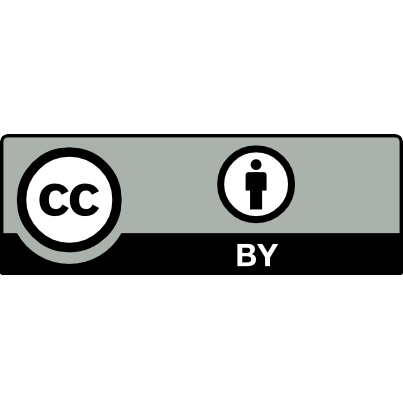Energy Efficiency
Item
Title of Resource
Energy Efficiency
Identifier
FP_0122
TypeofFocus
Specific topic (e.g., focusing on a particular topic)
See all items with this value
Format
Collection of text-based resource
See all items with this value
Audience Education Level
Teachers (R-12)
See all items with this value
Informal educators (museums, visitor centers, NGOs)
See all items with this value
Teacher educators & curriculum advisors (teacher pd)
See all items with this value
College or university lecturers
See all items with this value
Learners grades R-3
See all items with this value
Learners grades 4-6
See all items with this value
Learners grades 7-9
See all items with this value
Learners grades 10-12
See all items with this value
Students (college/university)
See all items with this value
Adult learners
See all items with this value
General public
See all items with this value
All audiences
See all items with this value
Resource URL
Publisher URL
Type
text
countryOfOrigin
South Africa
Publication Continent
Africa
Competency
Normative
See all items with this value
Intrapersonal
See all items with this value
Interpersonal
See all items with this value
Science Approaches
Sustainability
See all items with this value
ESD and ESD learning processes
See all items with this value
Social learning
See all items with this value
Outcomes-based education
See all items with this value
Change-oriented and action learning
See all items with this value
Learning Approaches
Inquiry-based learning - (active learning that starts by posing questions, problems or scenarios)
Experiential learning - (learning through experiences and reflection)
Includes References
Yes
Suggested Usefulness
Very useful
See all items with this value
Indigenous Voice
Yes. Indigenous knowledge systems
Women and Children Agency
No. All people are encouraged yo 'be the change' in energy efficiency.
Social Inclusion
Yes. Consider the quantity of energy used as an individual by doing an energy audit of your home.
Entrepreneurial Opportunities
Yes
Sustainable Development Goal
SDG 3 - Good Health & Well-Being
SDG 7 - Affordable & Clean Energy
SDG 11 - Sustainable Cities & Communities
SDG 12 - Responsible Production & Consumption
Interpersonal Competency Areas
Global citizenship
Strategic Planning Competency Areas
Global citizenship
Normative Competency Areas
Global citizenship
Systems Thinking Competency Areas
Human rights
Cultural diversity
Intrapersonal Competency Areas
Gender equality
Cultural diversity
Action Competency Areas
Global citizenship
Abstract
Universal responsibility - (sense of global responsibility)
Systems thinking - (process for understanding the interrelationships among the key components of a system)




